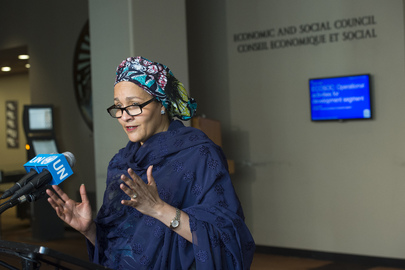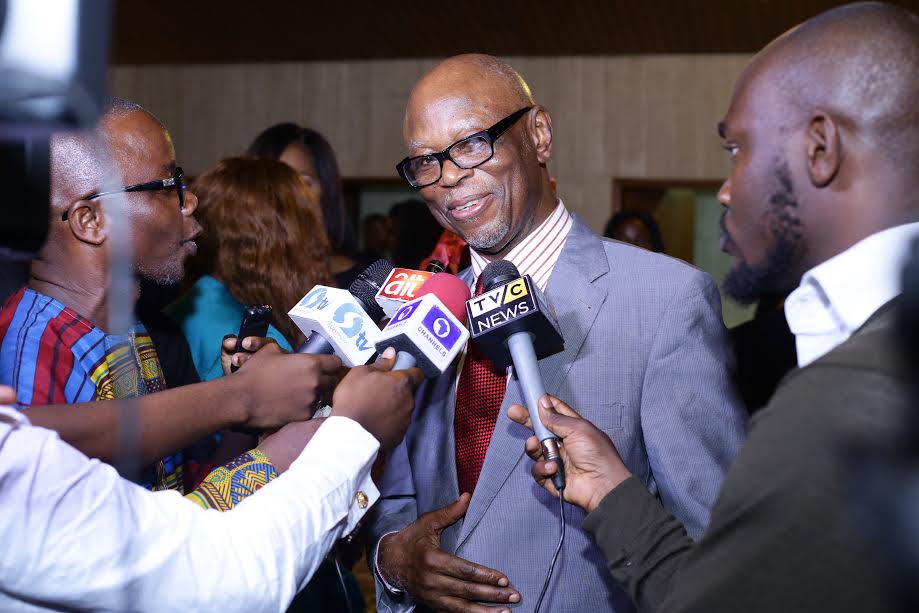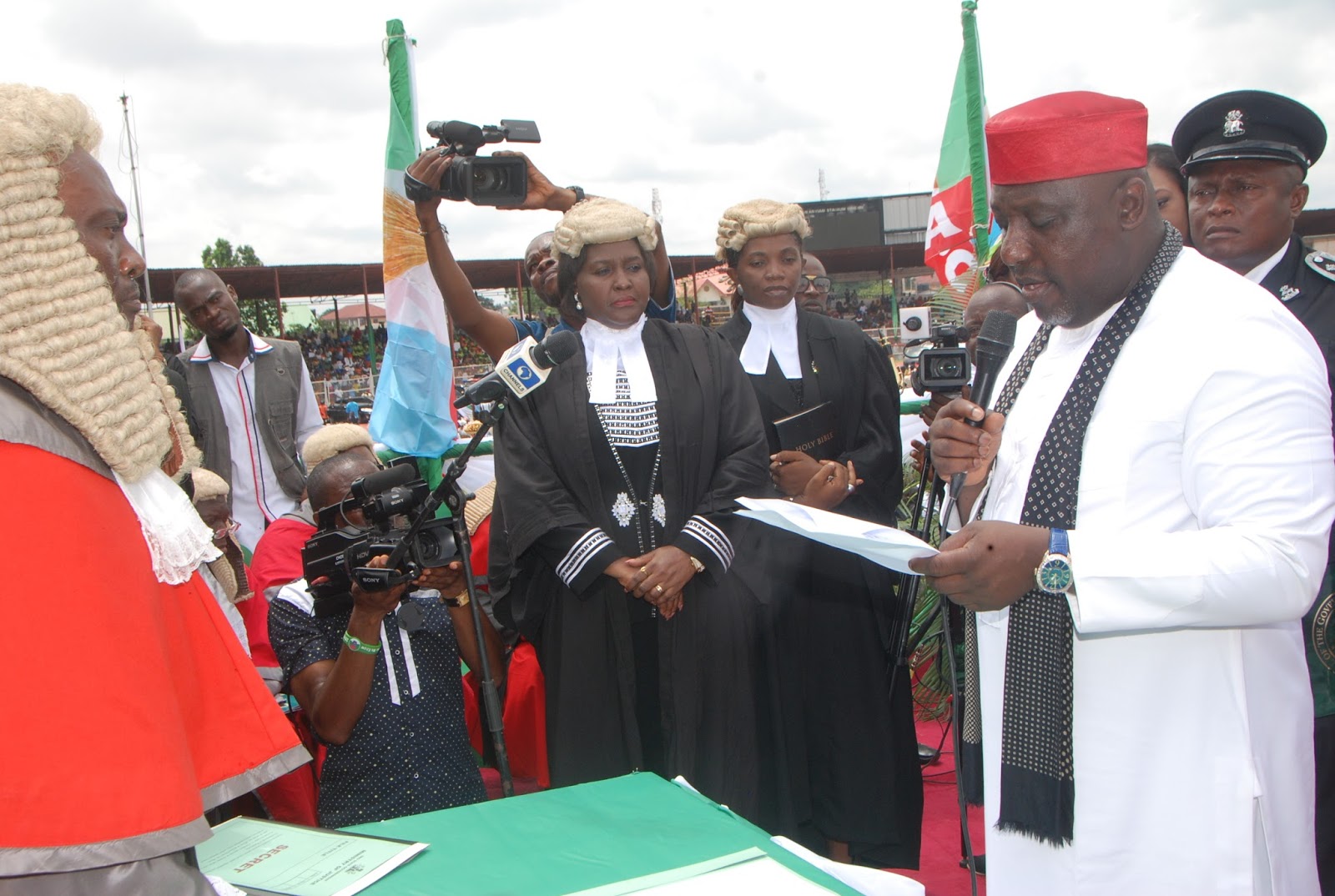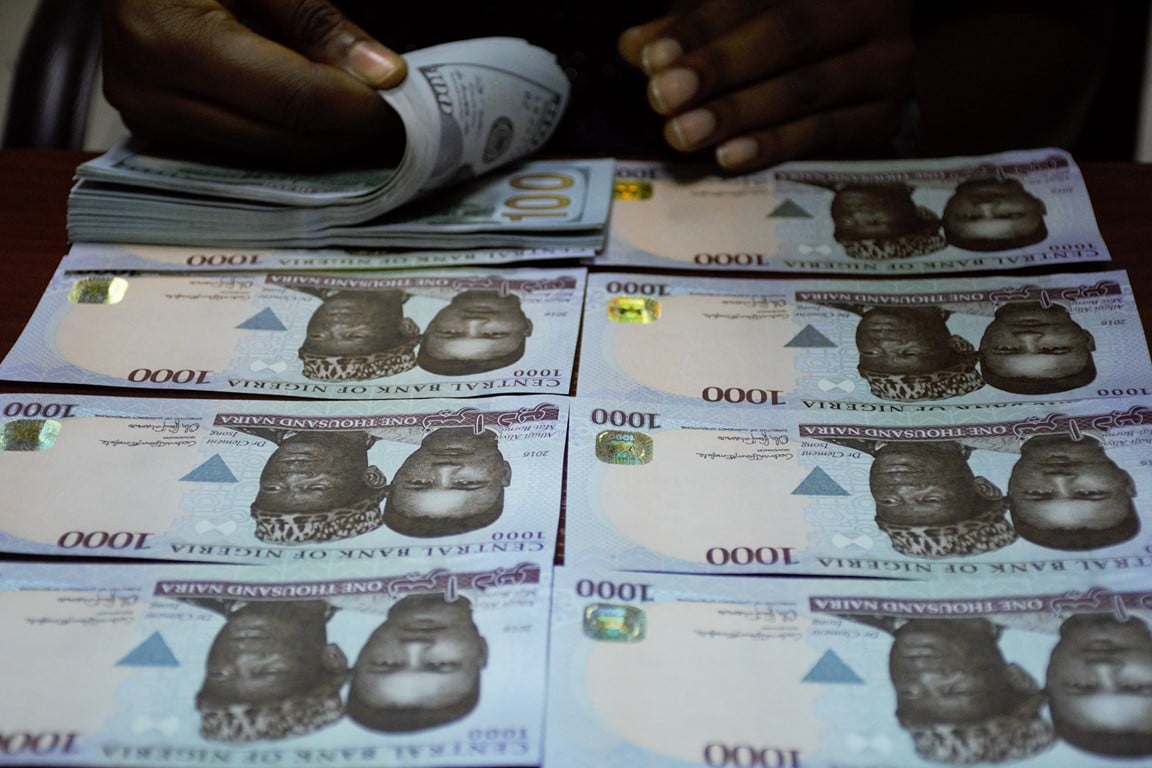Amina Mohammed, deputy secretary-general of the United Nations, says in spite of the coordination challenges in delivering aid to Nigeria’s north-east, there is a lot of commitment to see it come to fruition.
Mohammed said there’s willingness at both the national and UN level to achieve a successful distribution of aid in order to avert famine in the region.
She made this known during a question and answer session with journalists after her address at the 2017 ECOSOC segment on operational activities for development.
“I mean my experience has been that, of recent, where one has seen some of these challenges of coordination, they have been addressed pretty quickly, both at the national level, and at the UN system,” she said.
Advertisement
“It’s a very difficult environment to be in, but at the same time, Nigeria doesn’t just consist of the northeast. It is a much wider arena of processes and support and platforms to do these things. I think they will need additional support, institutional capacity.
“If you look at what has happened in the northeast there, yes, institutions have been broken down, human resources capacity has been reduced, but there is a lot of willingness to come on board and help, a lot of goodwill. It does have to be better coordinated, and I think that is what we are pushing on right now.”
Mohammed, who described the crisis in north-east Nigeria and the three other countries of Sudan, Yemen and Somalia as “huge”, said UN is pressing for support for those countries with a sense of urgency or else the famine will spread further that those countries.
Advertisement
“We need to be ahead of the curve and not behind it, and so we do press for the support we need in those four countries,” she said.
“This famine is not just going to be limited to them if we don’t address it in a very urgent way. I think that the results that we saw in Oslo recently are warming and I think that this is showing that there is a way forward on some of this.
“We need to listen to some of the issues that were raised there. Again, bringing agencies and partnerships together in a much more coordinated and coherent manner, will help us get further, leveraging resources from different constituencies now, different partnerships in a global agenda.
“This is becoming more complex, but it is bringing in more returns and so again, we are not taking our foot off the urgency pedal, it is really urgent that we get much more, much more quickly, but so far the [outings] have proved to be positive.”
Advertisement
The UN and some donor agencies, last week, met in Oslo, Norway, to discuss the crisis in the Lake Chad region consisting of north-east Nigeria, northern Cameroon, western Chad and south-east Niger.
$672 million dollars was realised from 14 donor agencies, Antonio Gutterres, UN secretary general, had said.
The goal is to raise $1.5 billion dollars for the region that will face a severe famine without urgent intervention.
Advertisement
Add a comment






